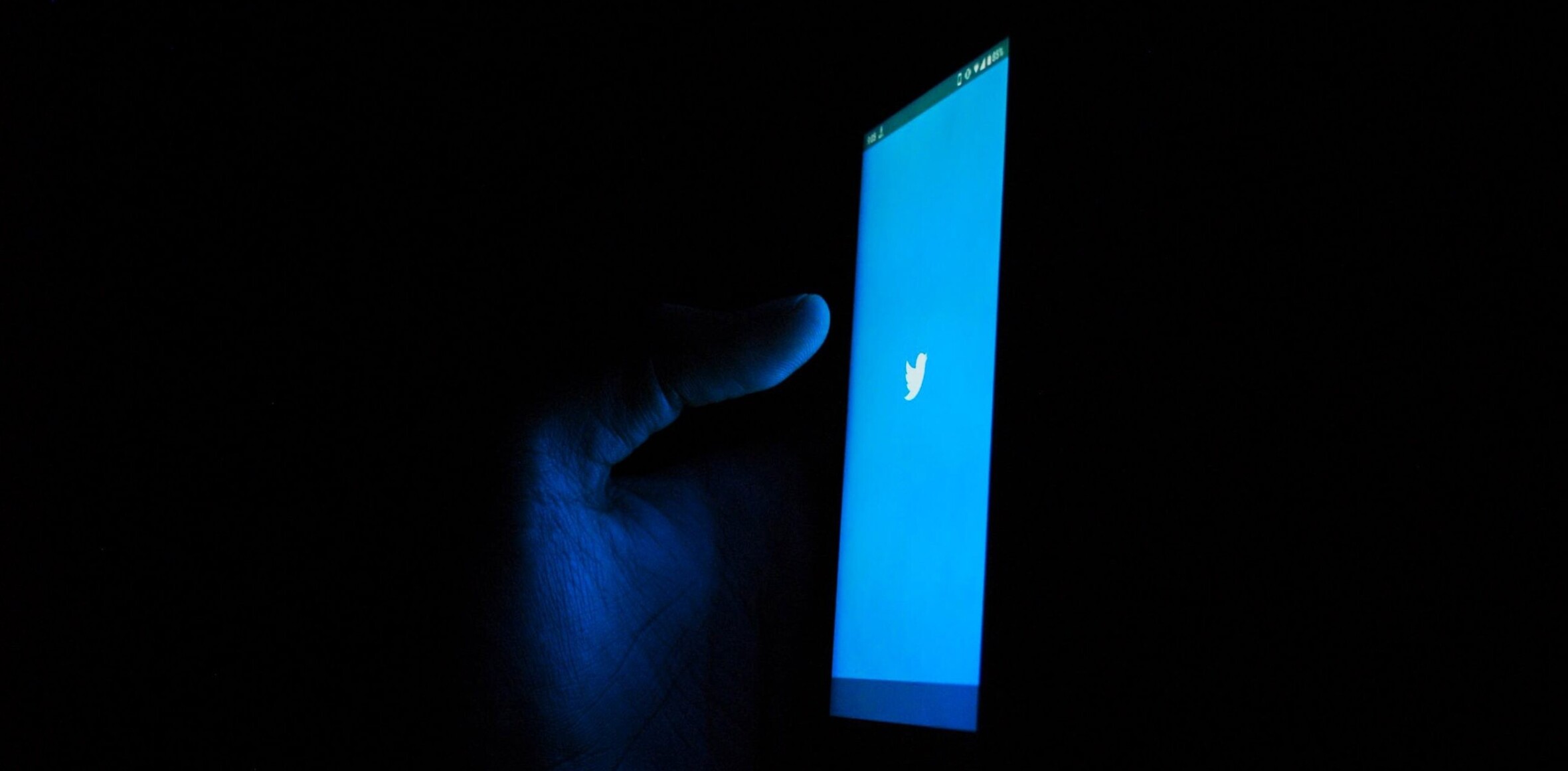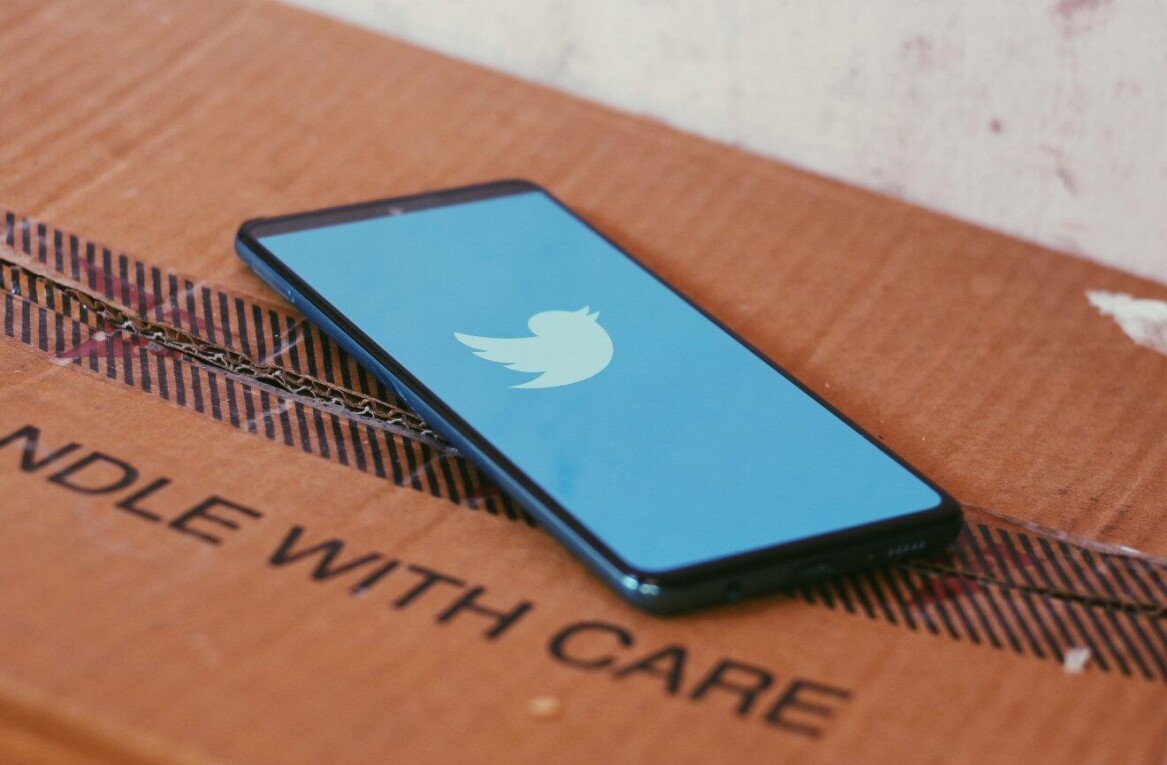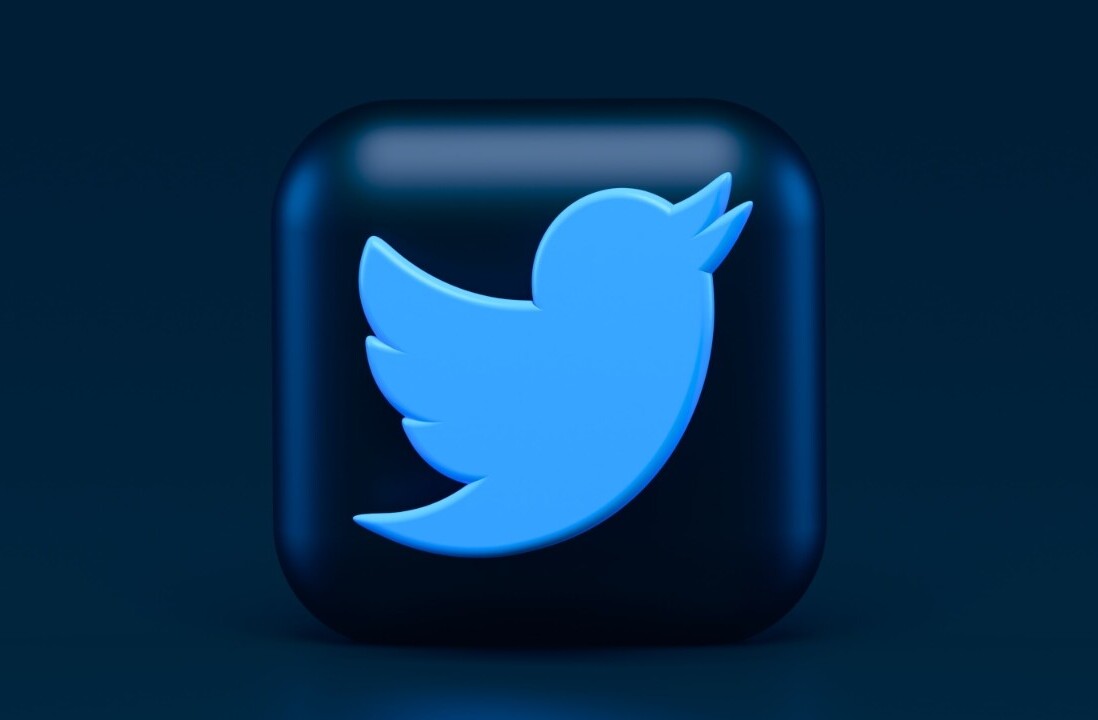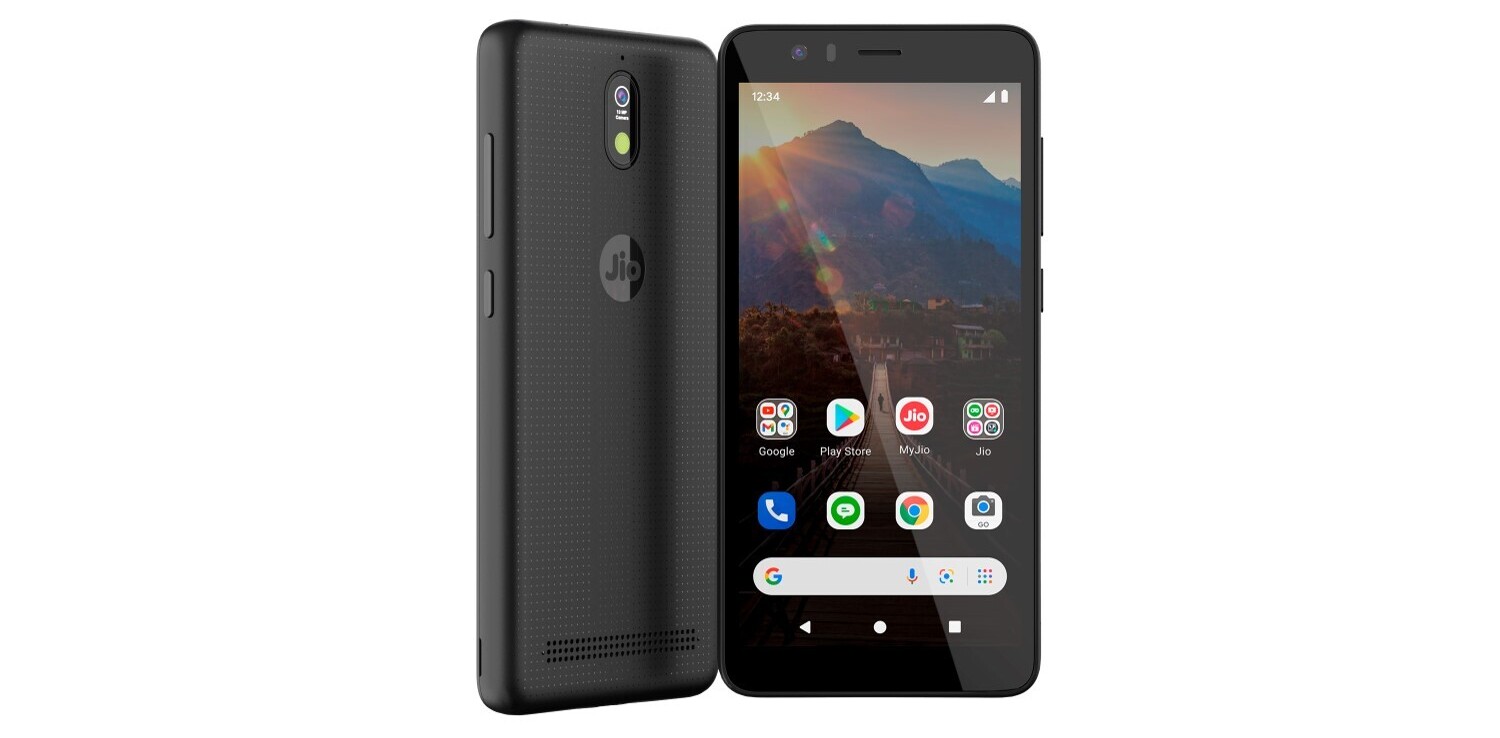
Another contender is throwing its hat into the mobile messaging ring after Hike, a service from India, raised a $7 million investment from Bharti SoftBank (BSB), the joint venture between Bharti Enterprises and Japanese operator SoftBank that was established in 2011.
Hike crossed 5 million registered users last month and the service — which is incubated by BSB — functions like most other messaging apps, enabling free SMS-like chats between users. It is available for iOS, Android, BlackBerry (beta), Windows Phone and S40 devices.
BSB has aggressive plans to increase the Hike user base four-fold by the end of 2013, putting it in a position to pressurize the industry’s largest players in India’s 1 billion-plus mobile market.
“A giant can be toppled”
On one hand, the big companies are running away with it. WhatsApp recently revealed its 200 million plus user base for the first time, while others have user bases spread across the planet, but there’s plenty of evidence that shows global services being given a good run for their money in some parts of the world.
Kakao Talk (nearly 100 million downloads) from Korea, China’s WeChat (300 million plus downloads) and Line (130 million downloads) from Japan are three examples of locally-focused messaging apps performing well despite what feels like market saturation and a number of services enjoying large install bases. The opportunity for local services is one that Kavin Bharti Mittal, head of product and strategy at BSB, is confident about.
“Given our rapid growth over the last four months, it’s quite clear that there is room for a messaging app that caters to local needs of the market,” says Bharti Mittal, who is just 25 and the son of Bharti chairman Sunil Bharti Mittal. He explains that the company has taken a “solid” second place behind WhatsApp in India, but he believes that “a giant can be toppled”.
Localizing for India
Bharti Mittal points to a number of localized features that Hike has developed with India in mind, highlighting its ‘Hike2SMS’ feature in particular. Users are given 100 free SMSes each month which they can use to share chats with friends that don’t use the service. Those that receive Hike2SMS messages can be part of chat conversations by replying via SMS — messages are charged at standard rates — which effectively opens it up to any user of any mobile device.
“It’s a really powerful feature given the extremely low data-enabled smartphone penetration in the Indian market, especially amongst the youth,” Bharti Mittal explains.
It isn’t just India where Hike is seeing traction. Though the country accounts for a dominant 60 percent of its users, Bharti Mittal says that many other global users are turning to the app to replace their existing message service. Germany and the Middle East are two Hike hotspots thanks to the “beautiful user experience” that Bharti Mittal says his team built.
A more contextual experience
Kik CEO and founder Ted Livingston this week told TNW that he believes WhatsApp is missing a trick by focusing its offering entirely on messaging, and Bharti Mittal is similarly minded, explaining that Hike is — like Kik — look towards content.
“We want to push the boundaries on Instant Messaging [and] we think of messaging as a communication channel. And around a channel of communication one can a see whole load of context. Innovation in messaging has stagnated for some time. We’ve gone from SMS to MMS (which failed miserably) to Instant Messaging where one can share photos, videos, audio files etc, but that’s where it’s stopped,” he says.
A new version of Hike launched last week with the addition of a number of social features — including status updates and moods — and Bharti Mittal believes that user consumption as smartphone usage has grown.
“If you look at where we are going, things are moving rapidly to a mobile-first world,” he explains. “As a result, the rate at which we’re sharing is increasing at an ever-faster rate. We’ve noticed that because people now have powerful smartphones in their pockets, they tend to share far more intimate and personal moments than they used to. And at the same time these moments are being shared with a smaller group of people, people who they’re close to. So sharing is increasing but the size of the group with which you’re sharing is decreasing.”
The new version of the service has proven to be popular, and, though he doesn’t share exact figures, Bharti Mittal says that message traffic has “shot through the roof” thanks to the additional of more contextual and personal information.
While a number of companies — Kik, Line, Kakao Talk, Cubie and more — have turned to content for revenue opportunities, Hike is not yet looking to monetize its content — although Bharti Mittal admits it is something they “will definitely explore” in the future.
Prioritising user growth in 2013
For now, ramping up its user numbers is the top priority. The investment from BSB will go towards making new hires happen, while Bharti Mittal wants — among many things — to have the capacity to iterate the service more regularly so as to include the “awesome ideas” that his team is working on.
Another significant factor for Hike’s growth could be relationships with telecom industry players, with Bharti Mittal suggesting that cooperative deals will be coming soon.
“We’re working very closely with operators and OEMs in the India market. You’ll see us announce something very soon on that front,” he teases.
While Hike was a relative late-comer to the space and it lags many of the world’s top message platforms on user numbers, the focus on India’s unique mobile market gives it an opportunity to gain some serious traction in the country. The Hike2SMS feature is not present in any other apps, and that gives it at least one distinction against the competition.
With plans to raise investment away from the bosom of BSB, its incubator, Hike is one service to watch in India, and perhaps beyond.
➤ Hike: iOS | Android | Windows Phone | S60 | BlackBerry (Beta)
Headline image via 401(K) 2013 / Flickr
Disclosure: This article contains an affiliate link. While we only ever write about products we think deserve to be on the pages of our site, The Next Web may earn a small commission if you click through and buy the product in question. For more information, please see our Terms of Service.
Get the TNW newsletter
Get the most important tech news in your inbox each week.







